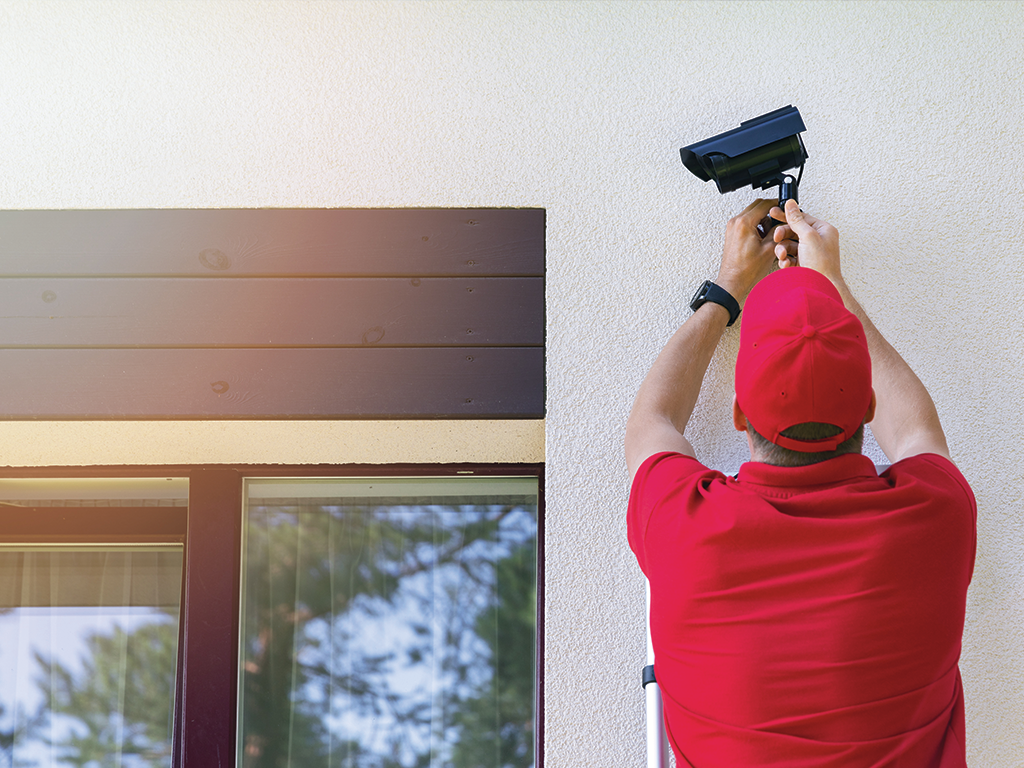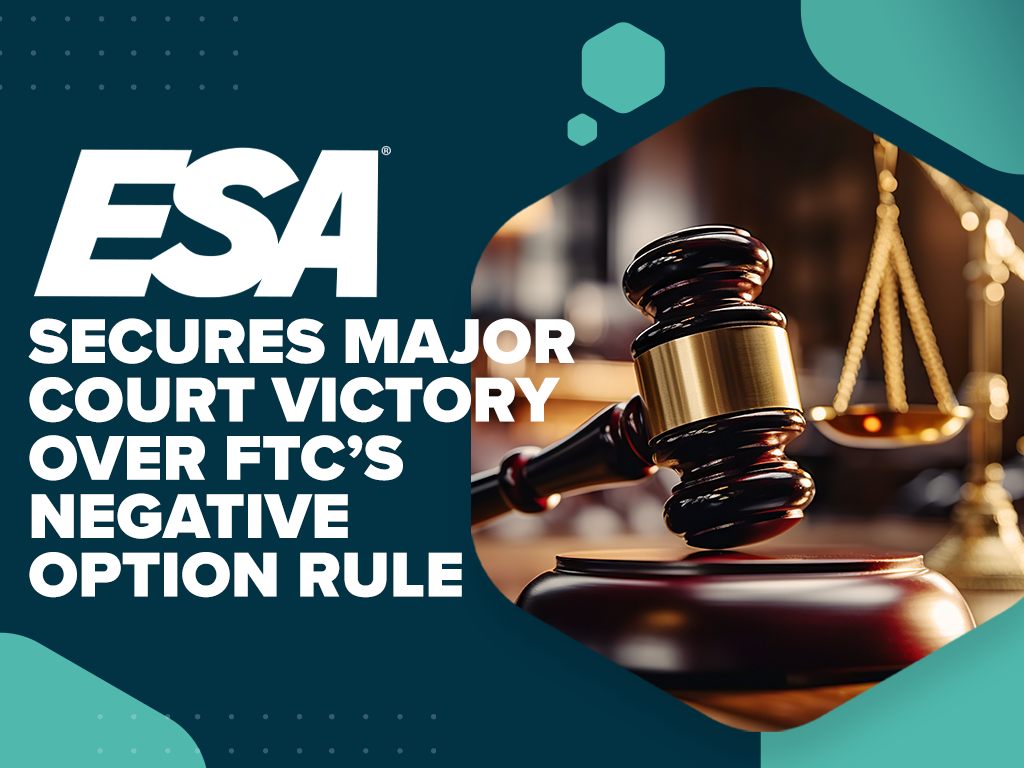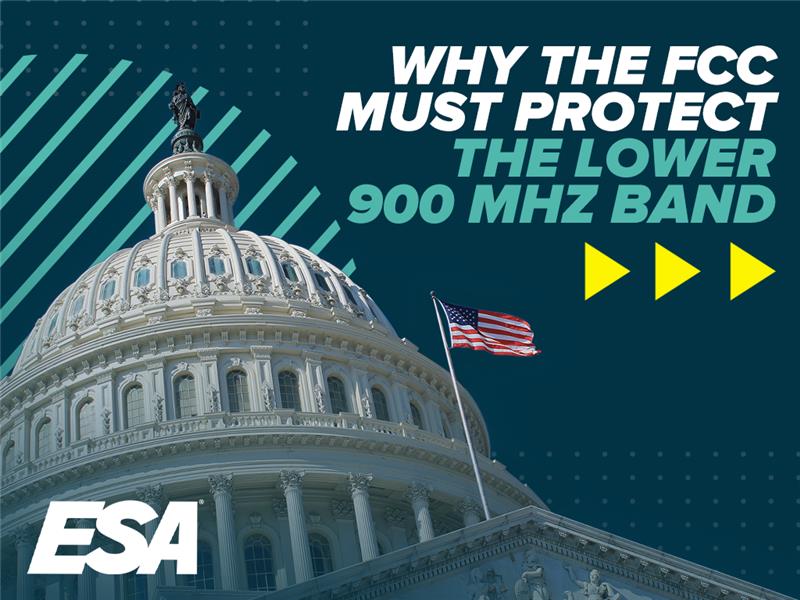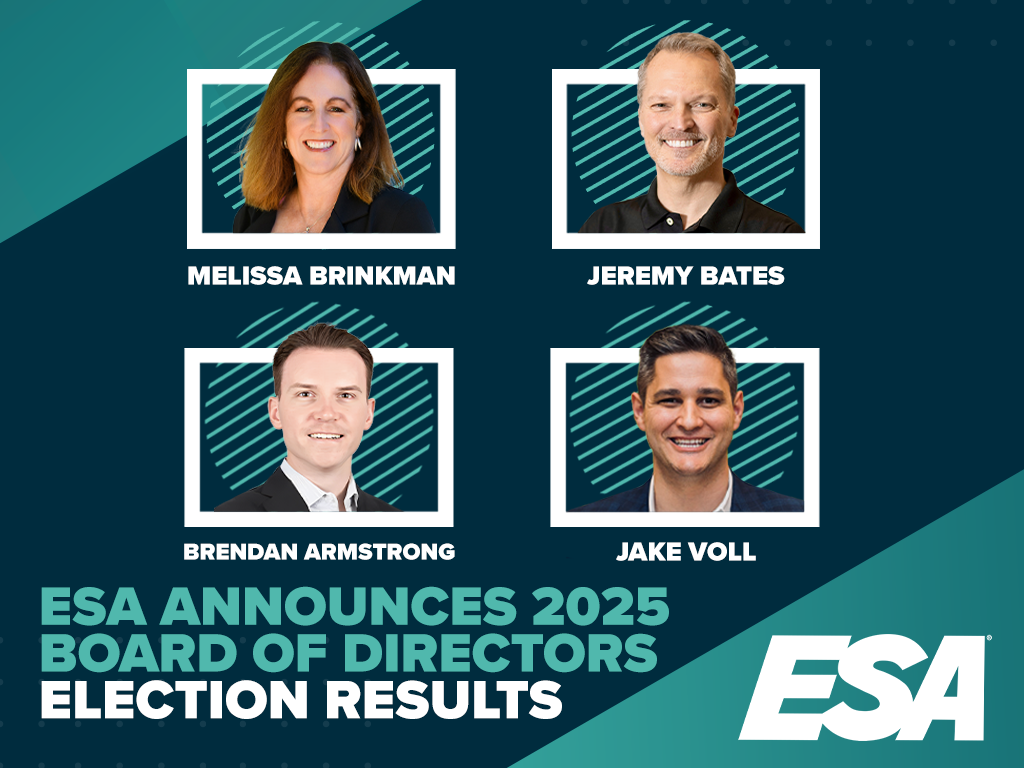Why Limited Energy Exemption from Electrical Licensing Matters for Electronic Security

We discussed in prior blogs about the looming issues we felt would be the most important for the electronic security industry that was euphemistically referred to as the “three L’s” of labor, licensing, and low-voltage.
These issues continue to be of great importance, but for now I will focus on low-voltage or limited energy. A bill that creates statewide licensing for electricians in Maryland passed in May, after many years of futility in passing a similar measure. What generally killed the bill in past years was language that defined “low-voltage” electrical work with arbitrary language under the control of the electrical board, which prompted opposition from many low-voltage and limited energy businesses and trade associations, including ESA. With separate electronic security licensing in Maryland, why would we care? I will explain after a little background.

In a concerted effort to get this bill passed in 2021, the legislature created a workgroup of stakeholders in 2020 that would present its recommendations prior to the beginning of the 2021 session. ESA and other trade associations and manufacturers with an interest in limited energy participated in this workgroup, which ultimately came to no consensus. The primary source of disagreement between electrical groups (Independent Electrical Contractors and electrical unions like IBEW) and limited energy groups aligned with ESA was the use of the National Electrical Code definitions for limited energy or low-voltage provision of electrical services. To be even more specific, electrician groups fundamentally opposed exempting any form of power over ethernet (PoE) that could deliver lighting or otherwise undermine the traditional scope of work for electricians.
I likened this industry attitude to horse whip and saddle makers in the early 1900s in a recent Security Nation article because it seemingly fits. Horse whip makers were not able to stop the “horseless carriages” that began driving down the road because technology moves forward, not backward. Electrical groups want to protect the means and method of installing lighting with circuits that utilize traditional electrical energy for light, heat and power. The problem is – technology is moving forward. PoE can deliver lighting at a fraction of the cost for traditional electrical wiring. And rather than adapting to this rapidly evolving and ubiquitous technology, electrical groups and unions are trying to reign it in with traditional electrical licensing requirements.
Why should electronic security companies care about PoE or other forms of limited energy where there is already an alarm carve out from electrical licensing in the state like Maryland? Because many will move forward. If you are now, or plan to expand your business to include home automation, networking, lighting, or other system integration – what happens with electrical licensing will matter. An electronic security license does not create an automatic exemption for all forms of limited energy in most states.
Having an exemption for limited energy from electrical licensing will allow alarm contractors to expand their business to include the additional services that may or may not tie into the security system but will add the convenience and integration that people want.




